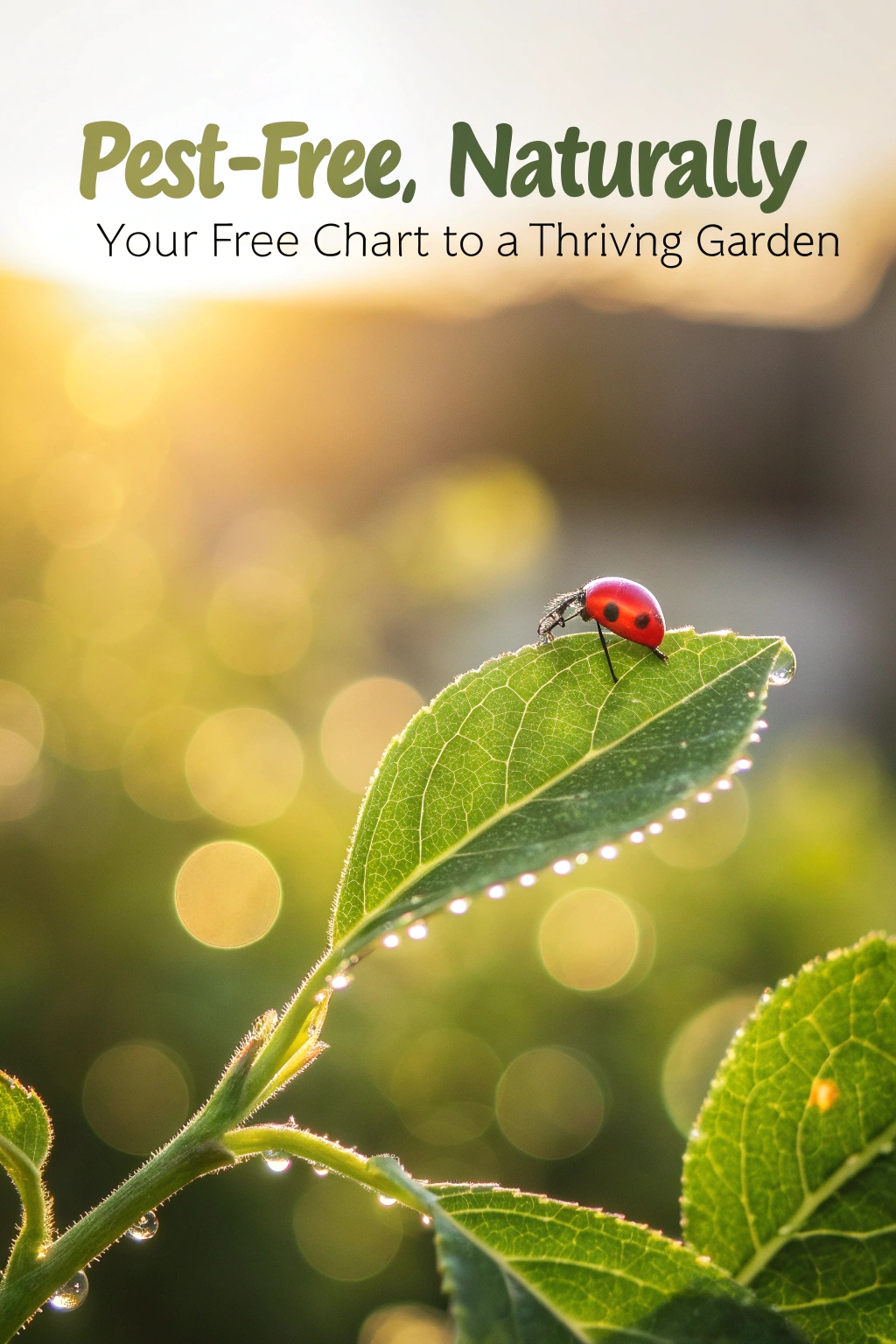If you want to make your garden healthier in a natural way, coffee grounds can be a wonderful help! They are full of important nutrients that can improve the soil and help your plants grow strong. It doesn’t matter if you’re an expert gardener or just starting, adding coffee grounds can change how your garden looks and grows.
Coffee grounds can boost nitrogen levels, which is great for plants, and they can even attract helpful earthworms. There are so many fun ways to use this common item to make your garden thrive. Are you ready to discover all the creative ideas? Let’s dive into these exciting ways to use coffee grounds in your garden!
Improve Soil Structure
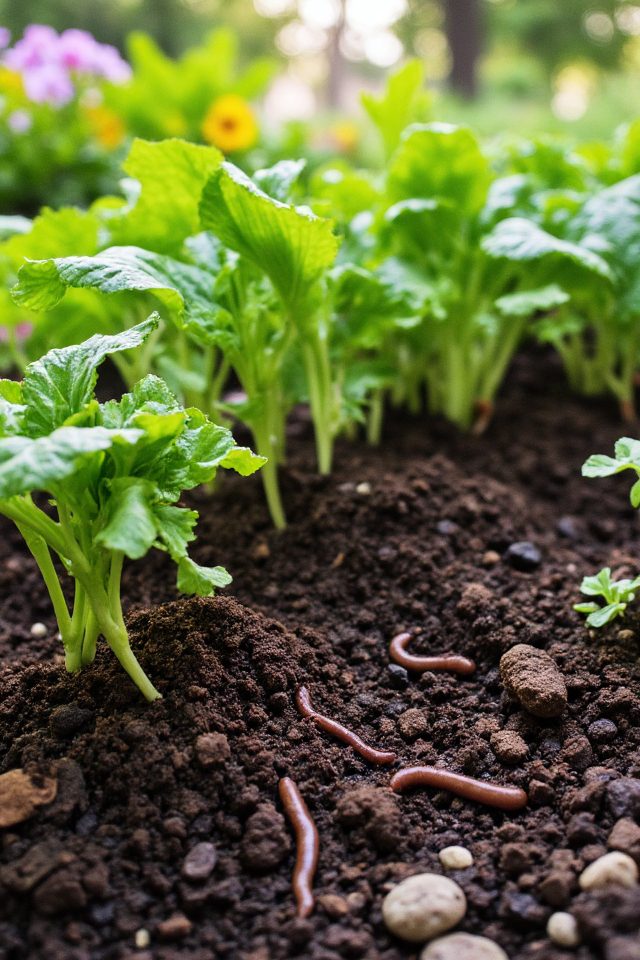
Coffee grounds are an excellent addition to your garden soil, as they help improve soil structure. When mixed into the soil, the grounds enhance drainage, aeration, and moisture retention.
Their coarse texture helps break up heavy clay soils, allowing roots to penetrate more easily. Additionally, coffee grounds introduce beneficial microorganisms that promote healthy soil ecosystems.
Incorporating this natural amendment can lead to more robust plants and improved overall garden health.
Boost Nitrogen Levels
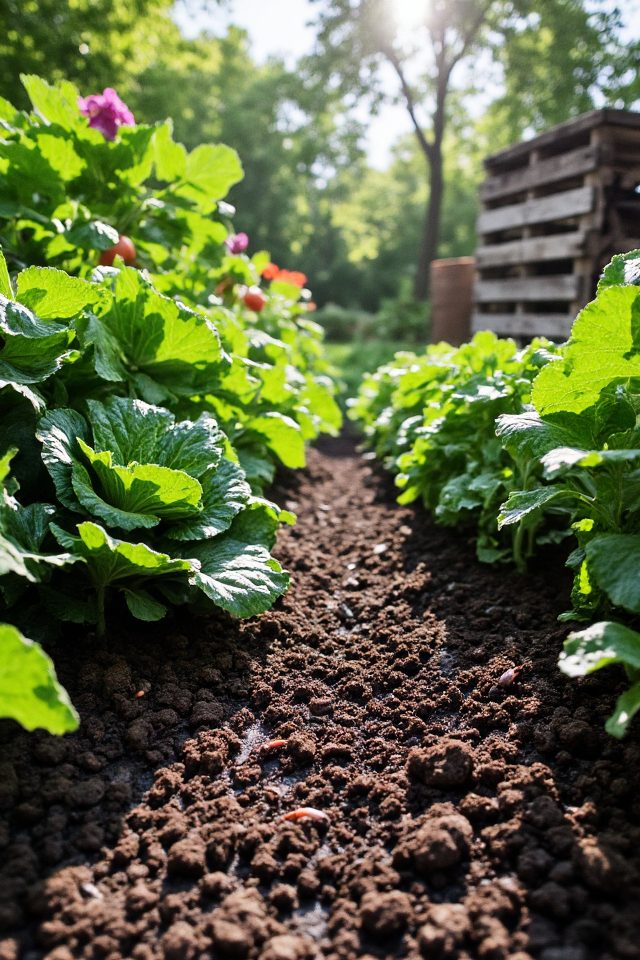
Coffee grounds are a fantastic way to boost nitrogen levels in your garden. Rich in this essential nutrient, they can enhance soil fertility and promote healthy plant growth.
Mixing used coffee grounds into your compost or directly into the soil improves its structure and drainage while attracting beneficial earthworms.
Additionally, the slow release of nitrogen keeps your plants thriving over time, making them an excellent addition to any organic gardening strategy.
Attract Earthworms
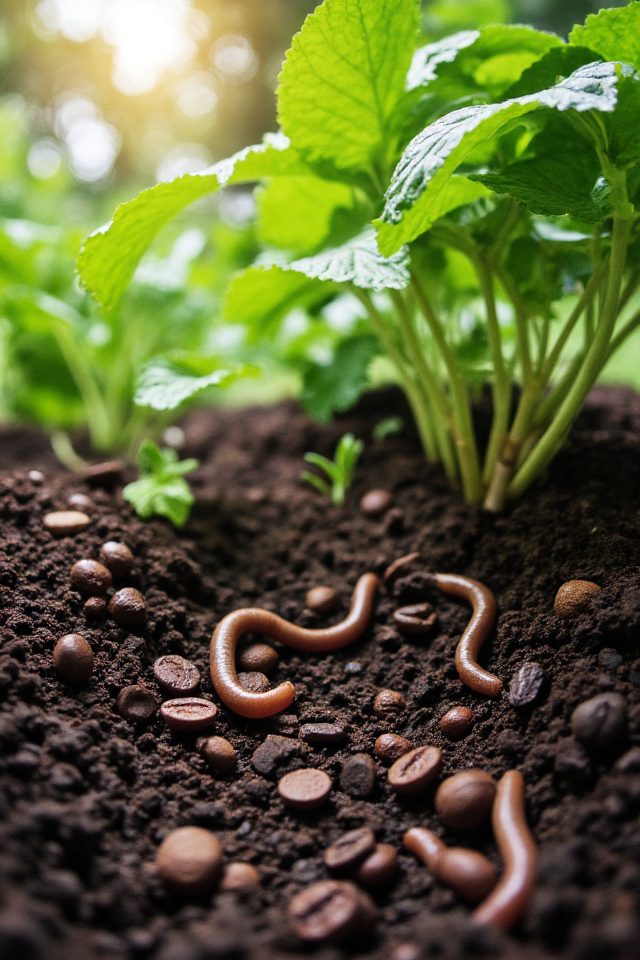
Attracting earthworms to your garden is one of the many benefits of using coffee grounds. These nutrient-rich grounds provide an excellent food source for worms, encouraging them to thrive in your soil.
By sprinkling coffee grounds around your plants or mixing them into your compost, you create a welcoming environment for these beneficial creatures.
Earthworms aerate the soil, improve drainage, and enhance nutrient availability, leading to healthier and more productive gardens.
Deter Pests
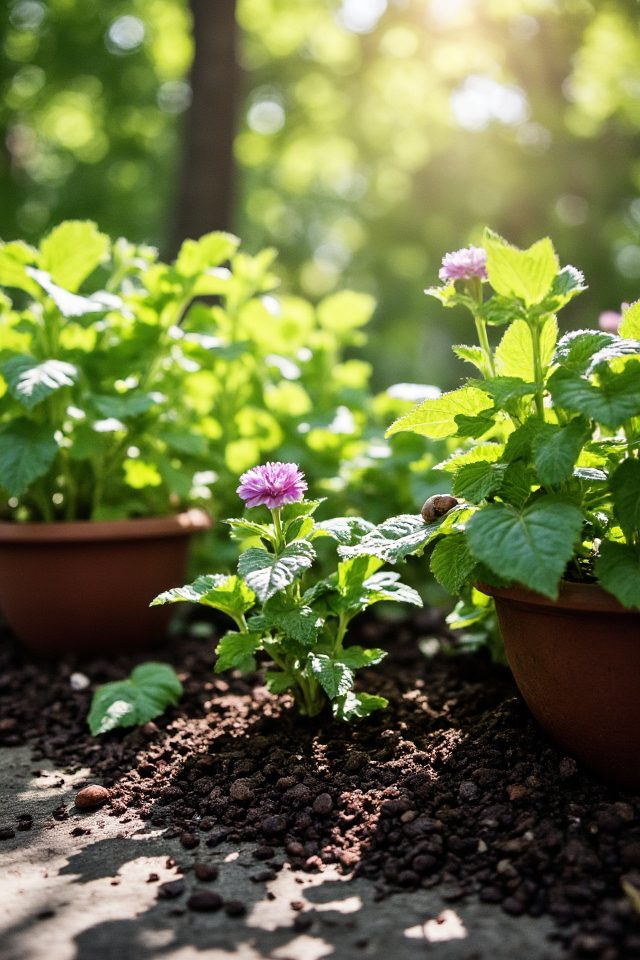
Using coffee grounds in your garden can be an effective way to deter pests.
The strong scent of coffee can repel unwanted insects like ants, snails, and slugs, which are often troublesome for plants.
Simply sprinkle used coffee grounds around the base of your plants or in your garden beds.
Additionally, the gritty texture can create a barrier that pests find difficult to cross, providing an extra layer of protection for your precious flora.
Brew Compost
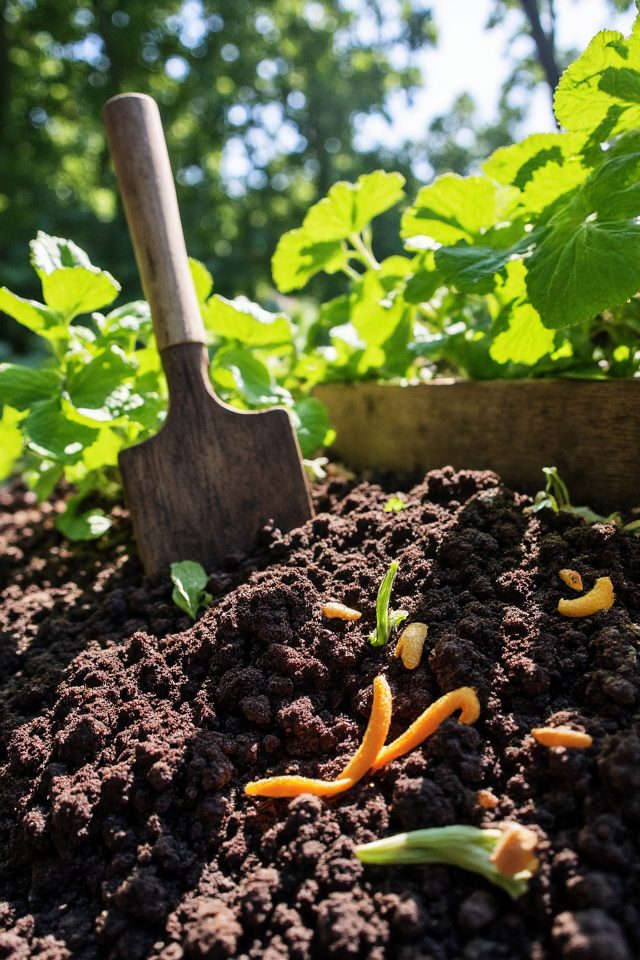
Brew compost is an excellent way to recycle coffee grounds and enhance your garden’s health.
By mixing used coffee grounds with traditional compost materials like kitchen scraps and yard waste, you create a nutrient-rich organic fertilizer.
The grounds add nitrogen, improve soil structure, and promote beneficial microbial activity.
This eco-friendly practice not only reduces waste but also enriches your soil, leading to healthier plants and bountiful harvests in your garden.
Mulch Alternative
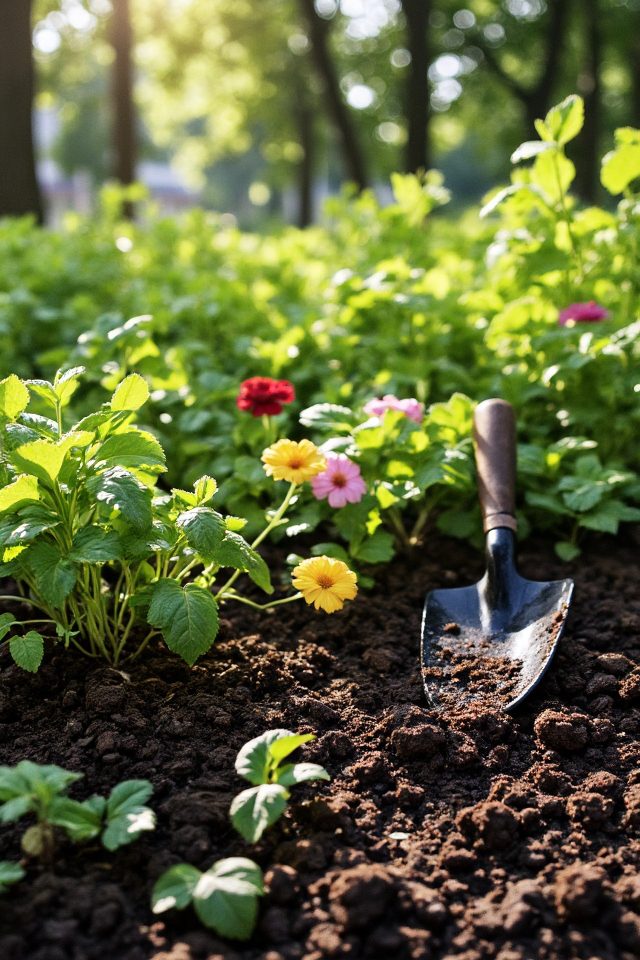
Coffee grounds make an excellent mulch alternative in the garden. They help suppress weeds, retain moisture, and regulate soil temperature.
When spread around plants, coffee grounds decompose and enrich the soil with essential nutrients like nitrogen. Additionally, their texture promotes aeration and improves drainage.
To use them effectively, mix them with other organic materials to prevent clumping and guarantee even coverage.
This eco-friendly option is a great way to recycle while enhancing plant growth.
Fertilize Acid-Loving Plants
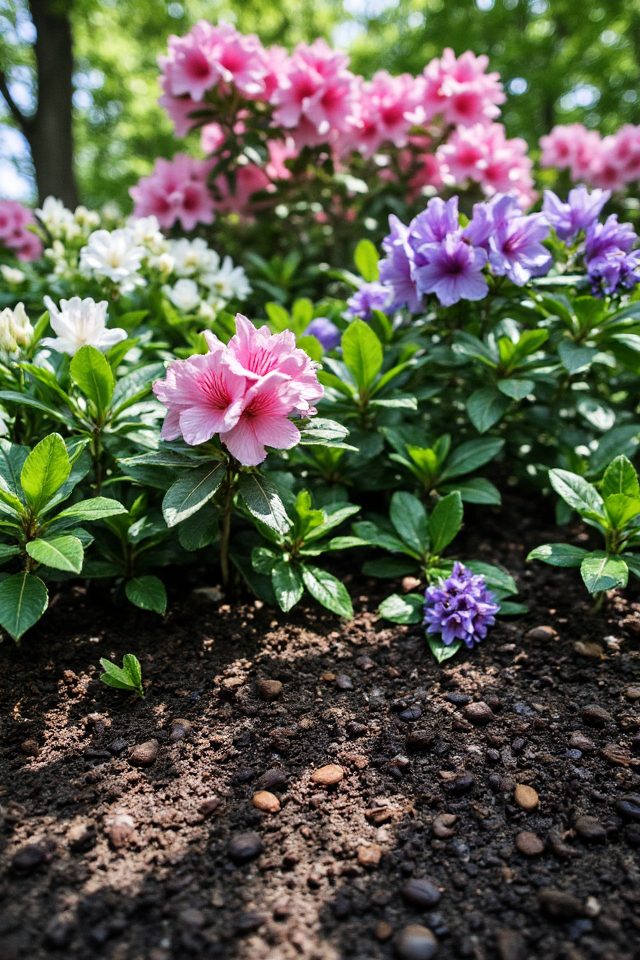
Coffee grounds make an excellent fertilizer for acid-loving plants such as azaleas, rhododendrons, and blueberries. Their natural acidity can help improve soil pH, providing essential nutrients like nitrogen, phosphorus, and potassium.
To use, simply mix used coffee grounds into the soil around these plants or sprinkle them as a top dressing.
Additionally, incorporating coffee grounds can enhance soil structure, improve drainage, and promote beneficial microbial activity, resulting in healthier and more vibrant plants.
Enhancing Compost Bins
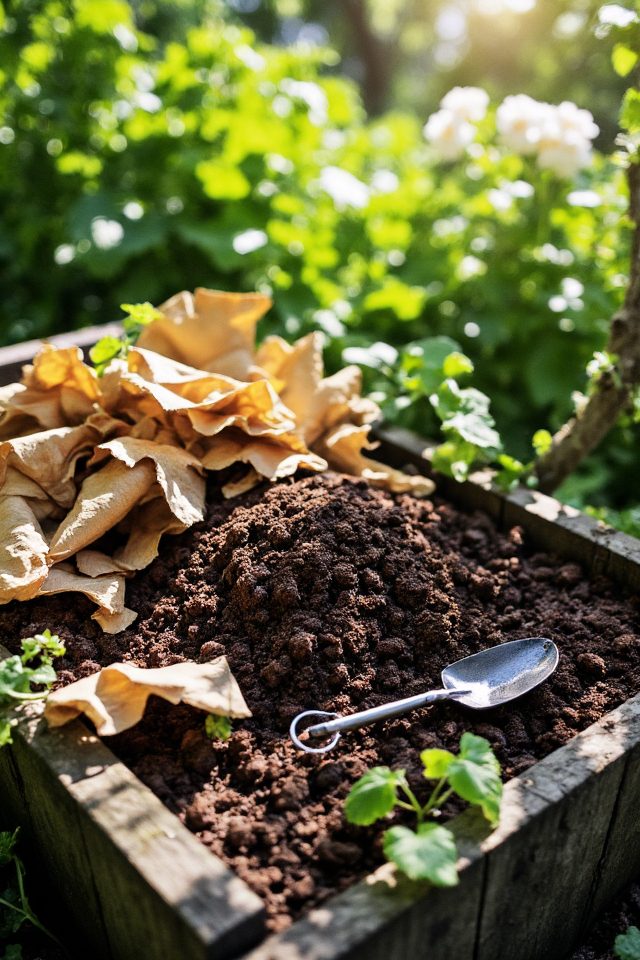
Coffee grounds are an excellent addition to compost bins, providing a rich source of nitrogen that helps balance the carbon content from other materials.
When layered into your compost, they not only accelerate decomposition but also attract beneficial microbes that enhance soil health.
Mixing coffee grounds with brown materials like leaves or cardboard guarantees a well-aerated mix, improving the overall quality of your compost.
This sustainable approach nurtures your garden while reducing waste.
Feed Indoor Plants
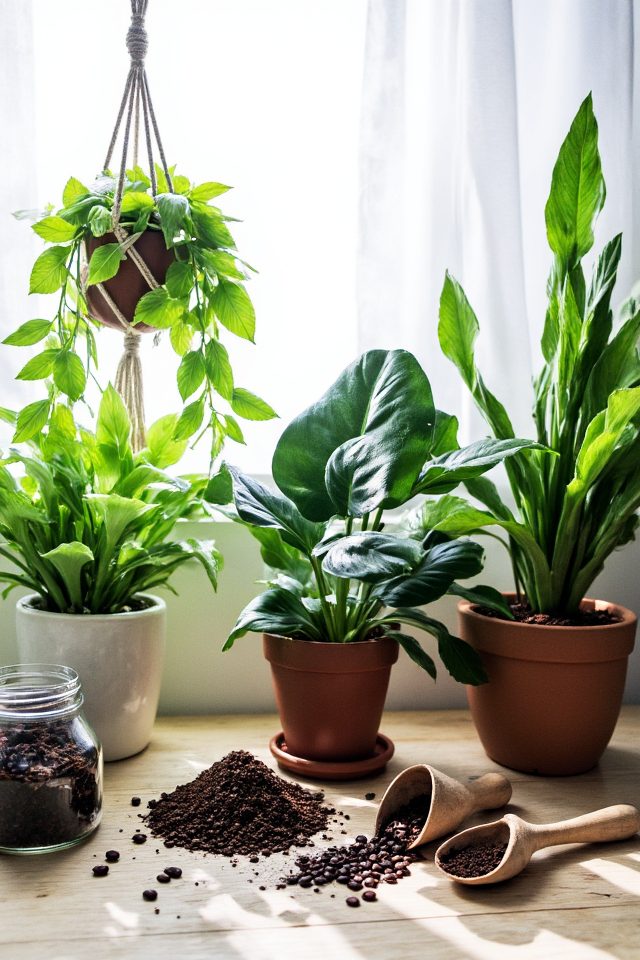
Using coffee grounds as a fertilizer for indoor plants is a sustainable way to provide essential nutrients.
Rich in nitrogen, they can enhance soil structure and drainage while promoting healthy root growth.
Simply mix used coffee grounds into the potting soil or sprinkle them on top.
This not only feeds your plants but also helps reduce waste.
Just be mindful to use them in moderation, as too much can lead to excessive acidity.
Create Seed Starters
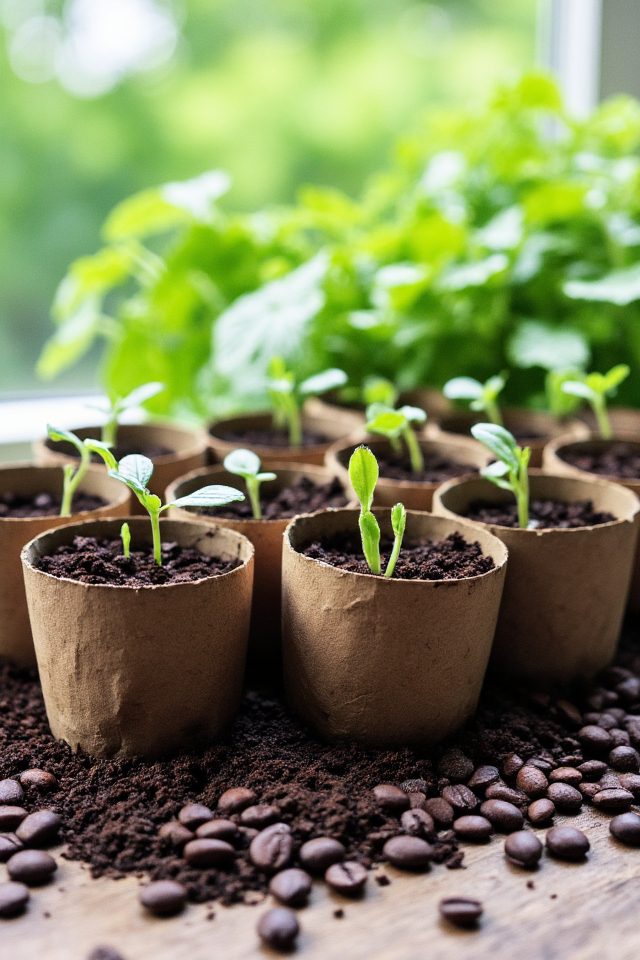
Using coffee grounds as seed starters is a sustainable and cost-effective gardening idea.
Simply combine used coffee grounds with potting soil in biodegradable containers like egg cartons or toilet paper rolls. The grounds provide essential nutrients, improve drainage, and enhance soil aeration.
Plant seeds in the mixture, keeping it slightly moist until they germinate. Once the seedlings are ready to be transplanted, you can plant them directly into the garden, container, or raised bed, enriching the soil with beneficial components.
Reduce Odors in Compost
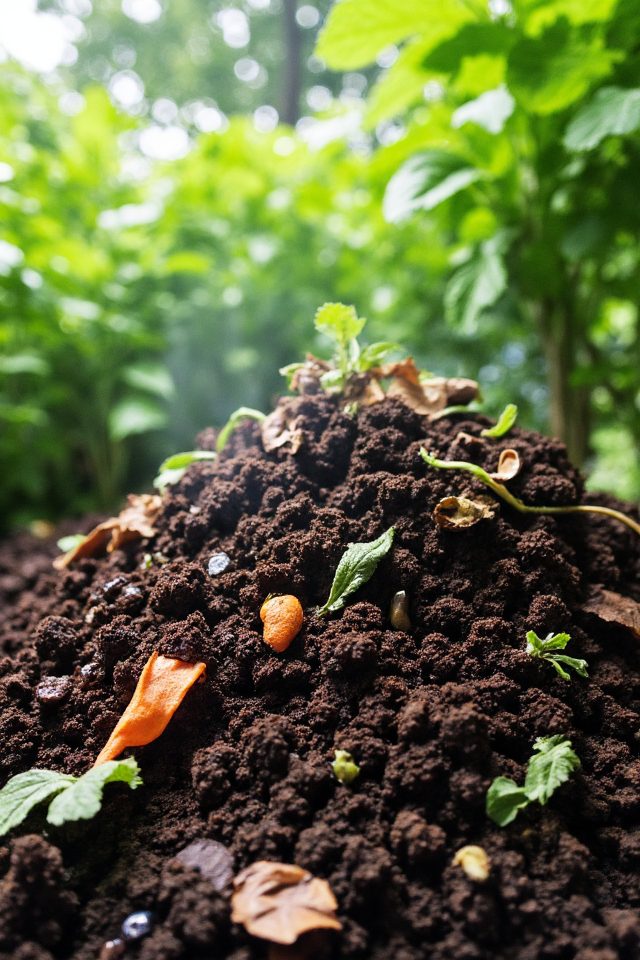
Coffee grounds can be a valuable addition to your compost pile, helping to reduce odors. Their natural nitrogen content aids in balancing the carbon-rich materials in your compost, which can prevent foul smells.
Additionally, coffee grounds can attract beneficial microorganisms that aid in the decomposition process. To maximize their effectiveness, mix them evenly throughout your compost and combine with other materials such as kitchen scraps or dried leaves to guarantee a well-aerated and odor-free compost environment.
Natural Pest Repellent
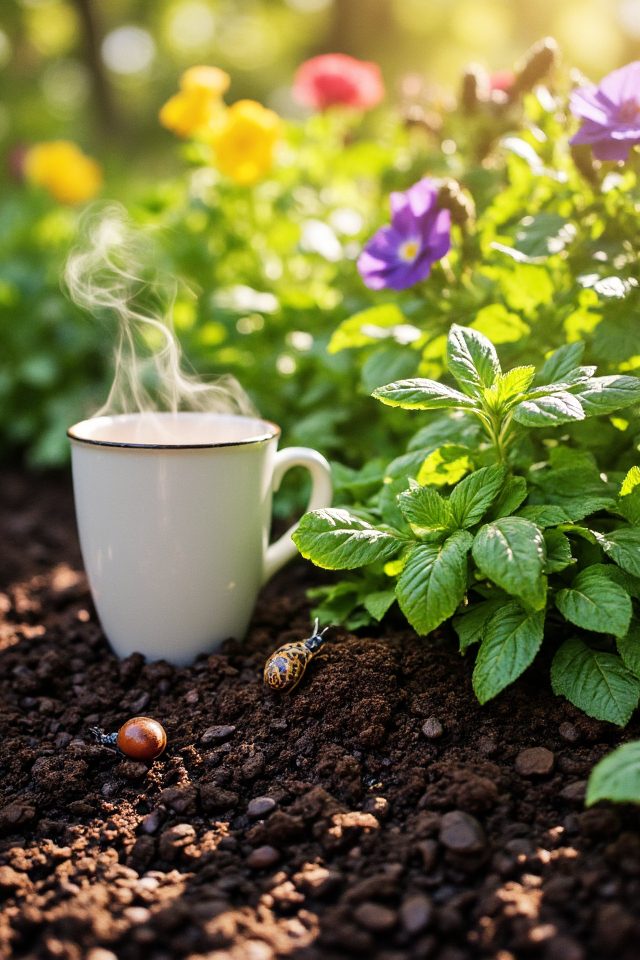
Coffee grounds are a fantastic natural pest repellent for your garden. Their strong aroma can deter unwanted insects such as ants, snails, and slugs, making it a simple yet effective solution.
Sprinkling used coffee grounds around your plants creates a barrier that many pests dislike. Additionally, the caffeine present in coffee can be toxic to certain insects, further safeguarding your garden.
Not only do coffee grounds protect your plants, but they also enrich the soil as they decompose.
Improve Drainage in Soil
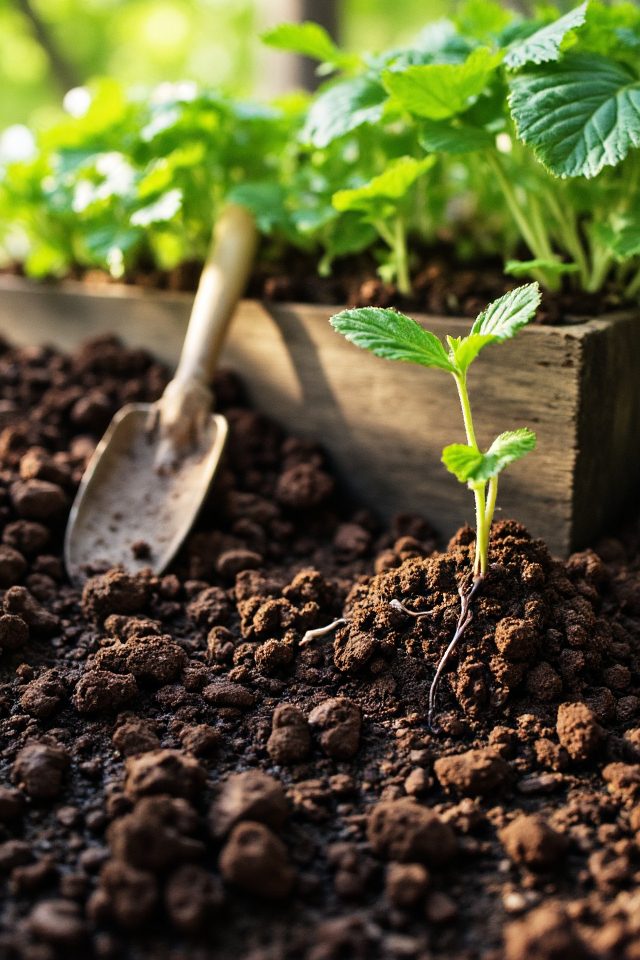
Coffee grounds are an excellent addition to garden soil, particularly for improving drainage.
When mixed with heavy clay soils, they enhance aeration and allow water to flow more freely, preventing root rot and promoting healthy plant growth.
The gritty texture of coffee grounds helps break up compacted soil, making it easier for roots to penetrate.
Additionally, they enrich the soil with nutrients as they decompose, benefiting your garden in multiple ways.
Supplement for Roses
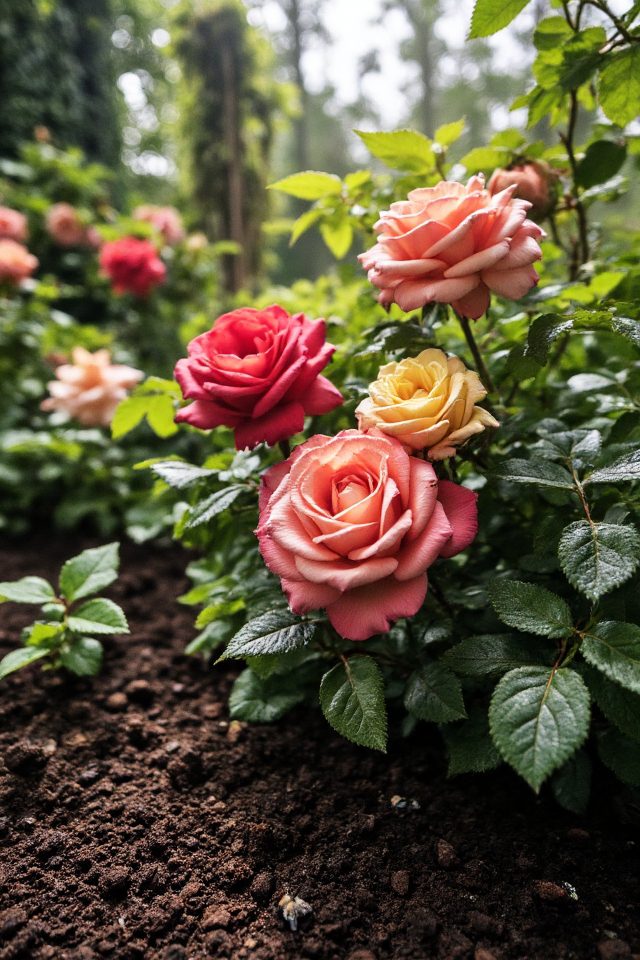
Coffee grounds can be an excellent supplement for roses, offering both nutritional benefits and pest-repelling properties.
Rich in nitrogen, they help promote healthy foliage and vibrant blooms when mixed into the soil. Additionally, coffee grounds improve soil structure and drainage, creating a more hospitable environment for rose roots.
However, it’s best to use them in moderation, as too much can lead to acidity, which some rose varieties may not tolerate well.
Make Liquid Fertilizer
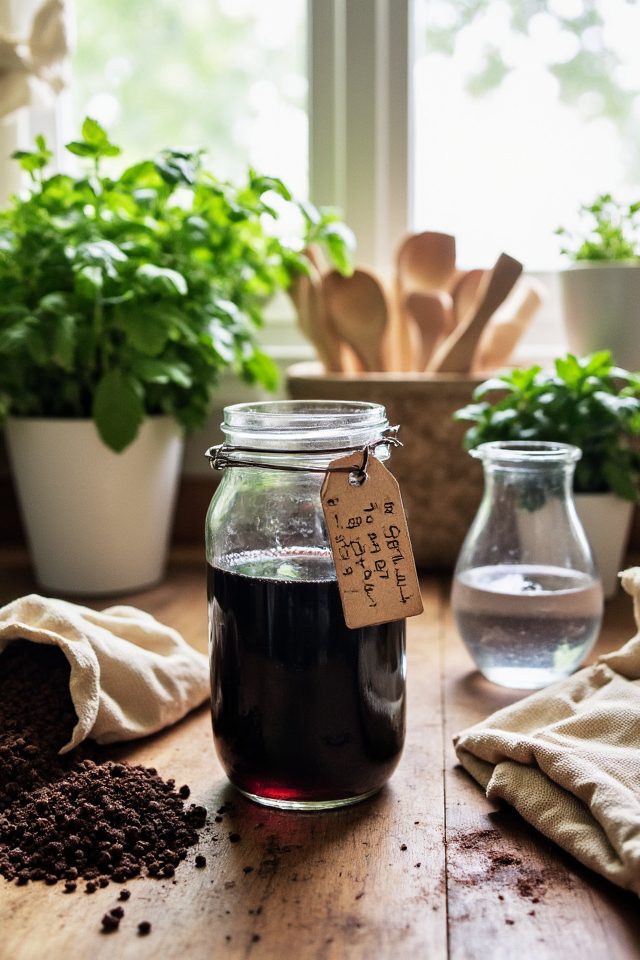
Using coffee grounds to make liquid fertilizer is a simple and effective way to nourish your garden.
Start by steeping used coffee grounds in water for 24-48 hours, allowing the nutrients to infuse into the liquid.
Strain the mixture to remove the grounds, and you’ll have a nutrient-packed fertilizer rich in nitrogen, phosphorus, and potassium.
Dilute this liquid with water before applying it to your plants, giving them a delightful boost and enhancing soil health.
Encourage Microorganism Activity
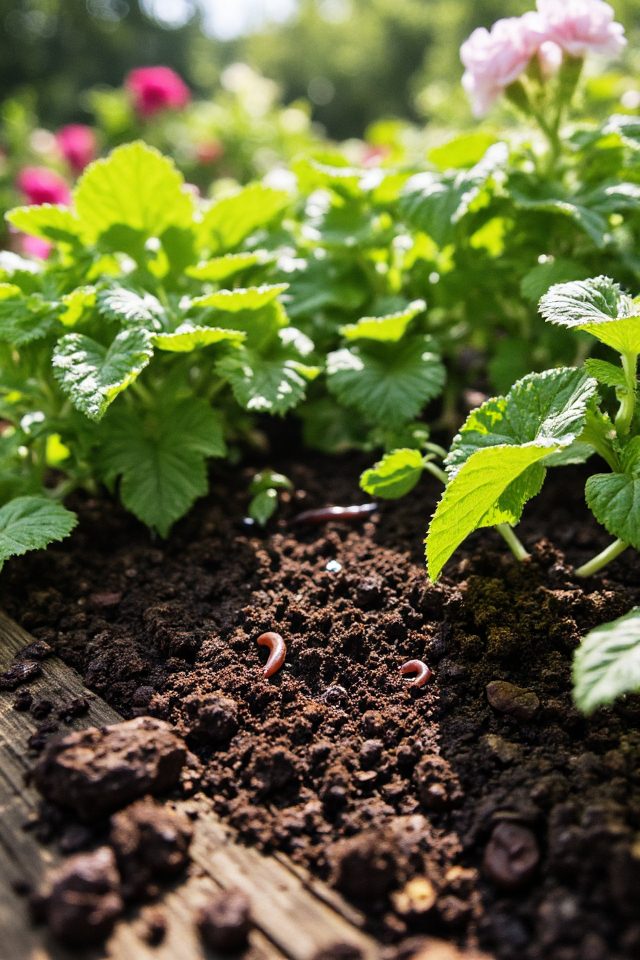
Encouraging microorganism activity in your garden is essential for healthy soil and robust plant growth.
Coffee grounds serve as an excellent organic amendment that attracts beneficial microbes. Their rich nitrogen content enhances microbial activity, promoting decomposition and nutrient cycling.
Boost Vegetable Growth
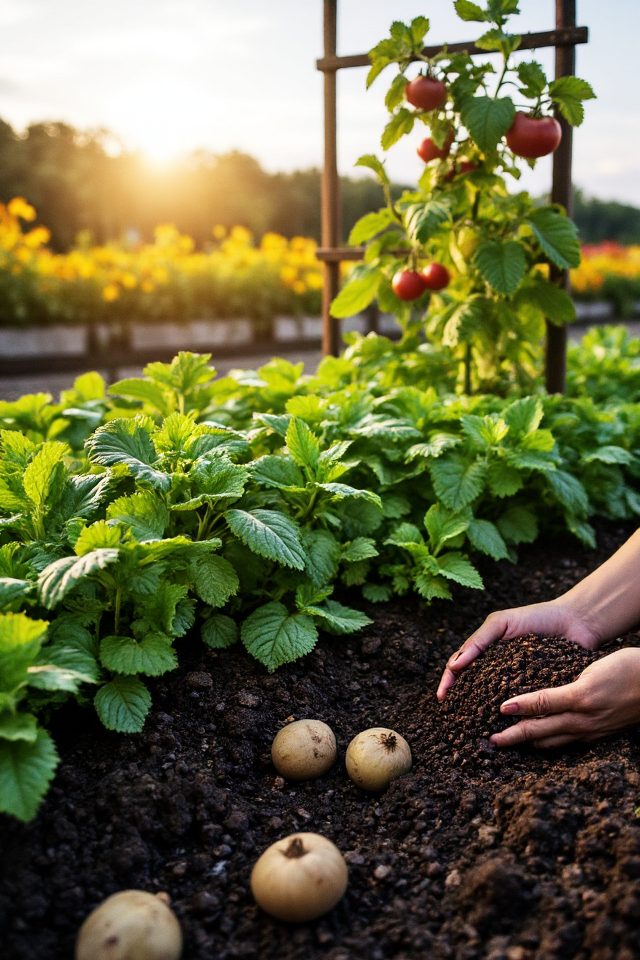
Coffee grounds can greatly boost vegetable growth by enriching the soil with nitrogen, which is an essential nutrient for plants.
Adding coffee grounds to your garden enhances soil structure, improves drainage, and promotes healthy microbial activity. Additionally, the slight acidity of coffee can benefit crops like tomatoes, blueberries, and potatoes.
Simply mix the grounds into your compost or sprinkle them directly onto the garden beds to enjoy healthier, more productive vegetables.
Integrate Into Raised Beds
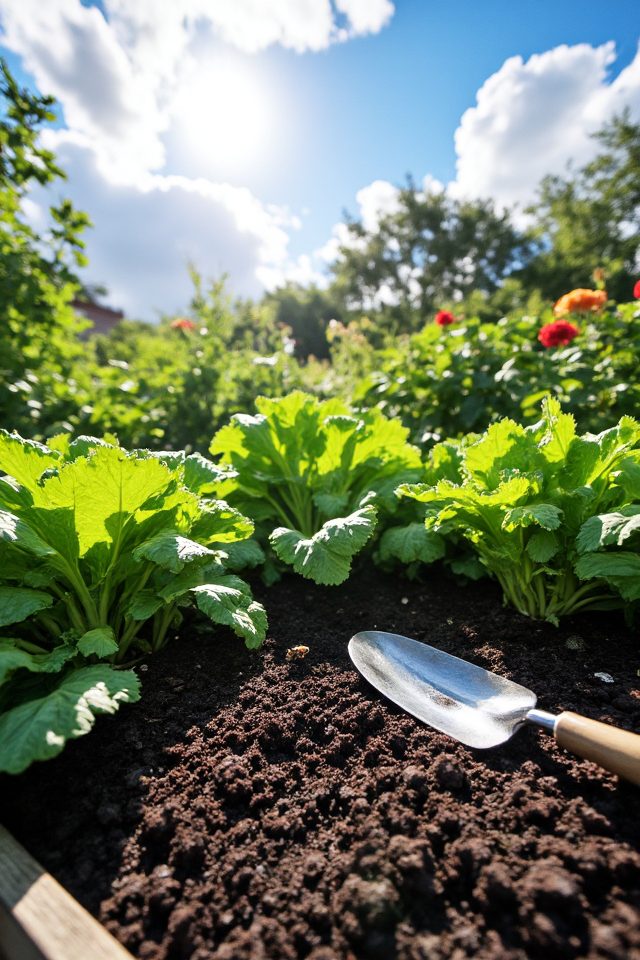
Integrating coffee grounds into raised garden beds can enhance soil health and boost plant growth.
Rich in nitrogen, these grounds improve soil structure and provide essential nutrients for your plants.
Simply mix used coffee grounds into the top layer of soil or compost them before adding them to your raised beds.
This not only enriches the soil but also attracts beneficial organisms, helping create a thriving garden ecosystem.
Plus, it’s an eco-friendly way to recycle!
Use in Hydroponics
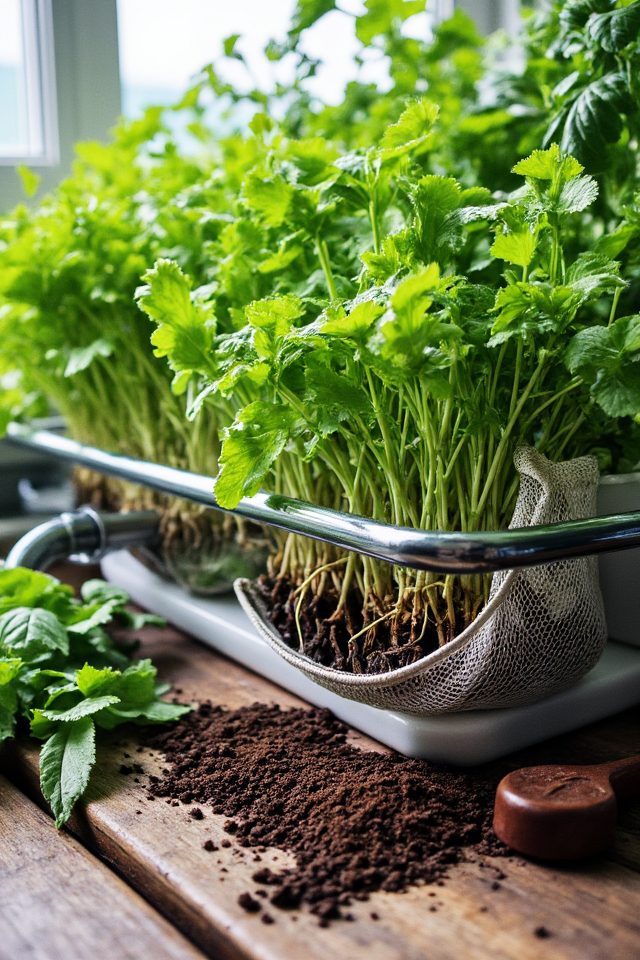
Coffee grounds can be a valuable addition to hydroponic systems, offering nutrients and enhancing microbial activity.
When used as an organic nutrient source, coffee grounds provide essential nitrogen, potassium, and trace minerals beneficial for plant growth. Their acidic nature can help maintain ideal pH levels in certain hydroponic setups.
Additionally, when composted or brewed into tea, coffee grounds can improve water retention and promote healthy root development, making them an eco-friendly choice for hydroponic gardeners.
Add to Lawn Care Mix
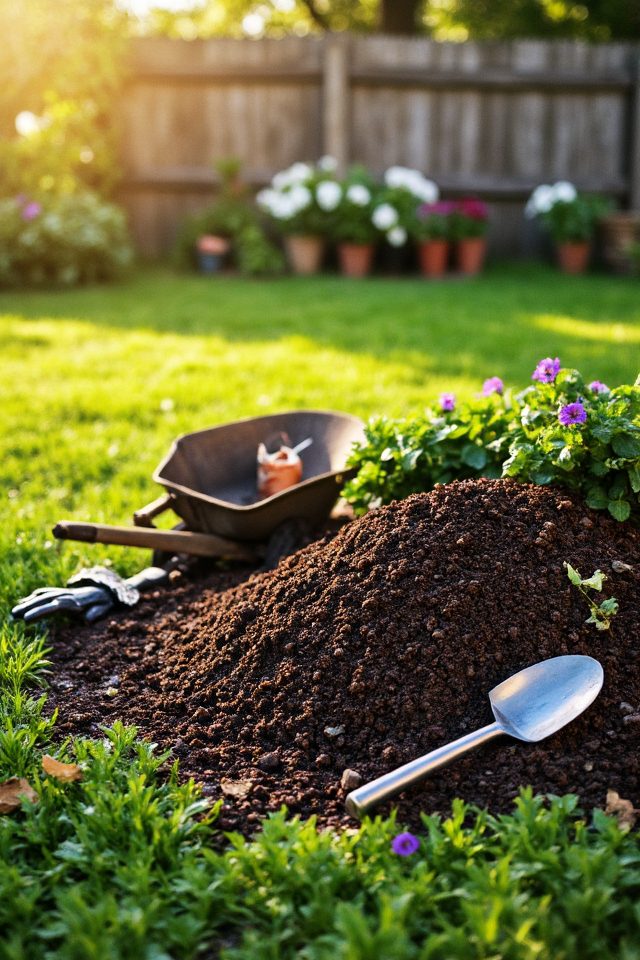
Using coffee grounds as part of your lawn care mix can provide several benefits for healthy grass growth.
These organic materials are rich in nitrogen, which is essential for promoting lush, green lawns. When mixed into your soil, coffee grounds improve drainage and aeration, enhancing root development.
Additionally, they can help maintain moisture levels, reducing the need for frequent watering.
Spread a thin layer of used coffee grounds over your lawn or mix them into your compost pile for best results.
Conclusion
Using coffee grounds in your garden isn’t just eco-friendly; it’s a practical way to enhance soil health and boost plant growth. Whether you incorporate them into your compost or sprinkle them in your vegetable patches, these grounds offer numerous benefits. By trying out different techniques like attracting earthworms or brewing a nutrient-rich liquid fertilizer, you’ll not only nourish your plants but also reduce waste. Embrace these creative ideas and watch your garden thrive naturally!

